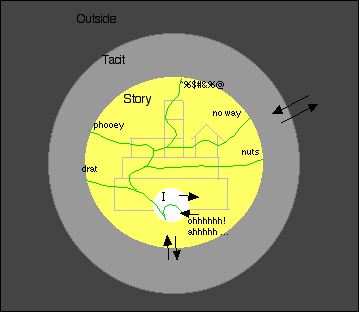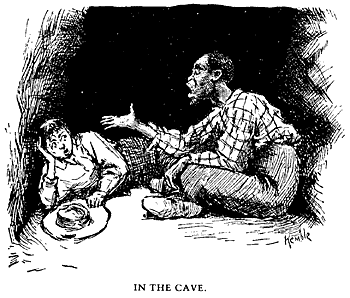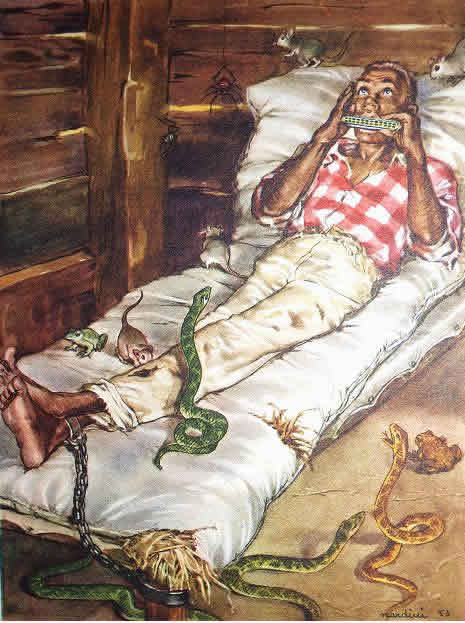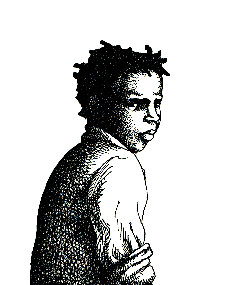
"Nothing is at last sacred
but the integrity of your own mind."
"Nothing's sacred":
Emerson Re-done, in Poetry and Drama
Key to transcendentalism:
reliance on direct experience--"divinity"--of each individual,
and the independence of mind to discover it
("no disciples"; "trust thyself");
""respect the intutions...give them...
all authority over our experience."



















